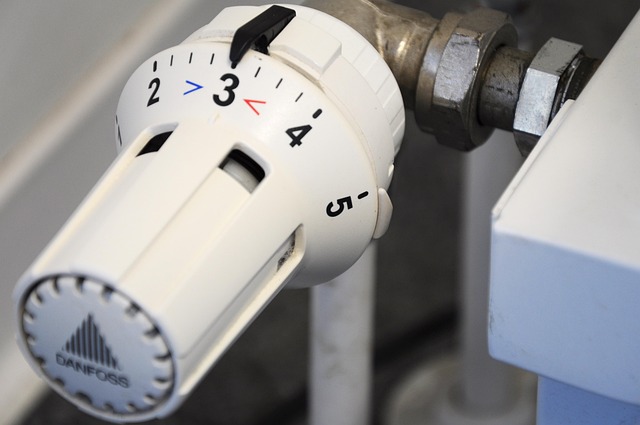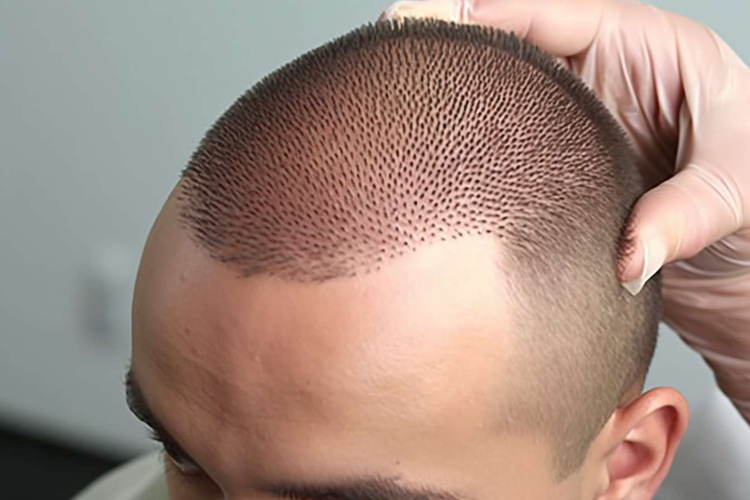Rediscovering Reflexology: Ancient Practice Meets Modern Wellness
Reflexology, an ancient practice rooted in the belief that specific areas of the feet, hands, and ears correspond to different body organs and systems, is experiencing a resurgence in modern wellness circles. But is there more to this technique than meets the eye? Let's delve into the fascinating history, current trends, and scientific validity of reflexology.

Unearthing the Roots: Reflexology’s Historical Context
Reflexology is believed to have originated in China around 4000 B.C., where it was used to restore the body’s ‘Qi’ or life energy. Ancient Egyptian tomb artwork also suggests the practice of foot and hand therapy, symbolizing the long-standing belief in the connection between our extremities and internal organs.
Reflexology Today: The Rebirth of an Ancient Technique
Today, reflexology is gaining traction as a complementary health technique. It’s being employed in various settings, from spas to cancer care centers, to alleviate stress, improve mood, and even manage chronic pain. The modern-day practice combines the wisdom of the ancients with the precision of contemporary anatomy and physiology.
The Science Behind Reflexology: Debunking the Myths
While reflexology is not a cure-all, studies have found it effective in managing conditions like anxiety, migraine, and premenstrual syndrome. However, experts caution that reflexology should not replace conventional medical care but serve as a supplementary wellness technique.
The Reflexology Experience: Walkthrough and Outcomes
A typical reflexology session involves pressure application to specific points on the feet, hands, or ears. This can induce a state of deep relaxation, often accompanied by a feeling of warmth or tingling in the corresponding body part. While experiences vary, most people report feeling calmer and more balanced after a session.
Reflexology: A Path to Balanced Wellness
Despite the lack of extensive scientific evidence, reflexology’s increasing popularity suggests that many find it beneficial. With its roots in ancient wisdom and potential for modern health benefits, reflexology is worth exploring for those seeking holistic wellness.
Wellness Wisdom: Reflexology in Practice
-
Reflexology is best experienced in a quiet, comfortable setting.
-
A certified reflexologist can provide the most beneficial session.
-
Always communicate your comfort level to your reflexologist during the session.
-
Regular sessions may offer more sustained benefits.
In conclusion, reflexology offers a unique intersection of historical wisdom and modern wellness. While its scientific basis remains a topic of debate, the comfort and relaxation it provides are undeniable. As with any wellness practice, it’s essential to approach reflexology with an open mind, a willingness to explore, and the understanding that it is a supplement—not a substitute—for conventional healthcare.




